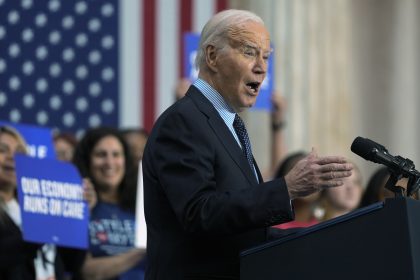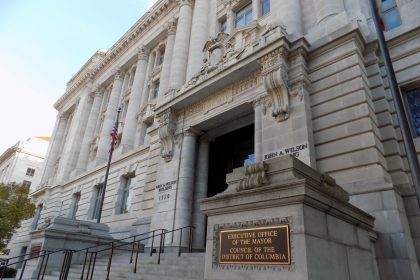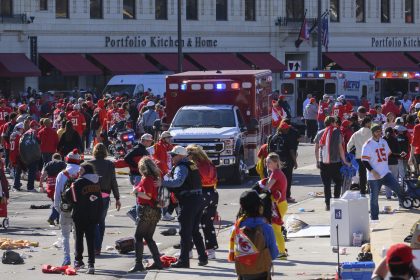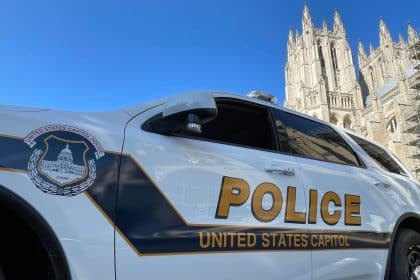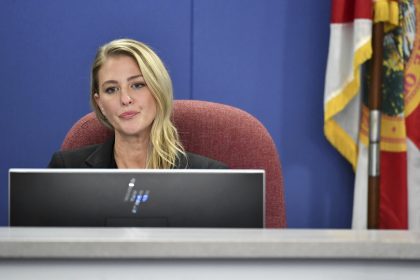DC Council Seeks New Strategy to Defuse Gun Violence Disputes
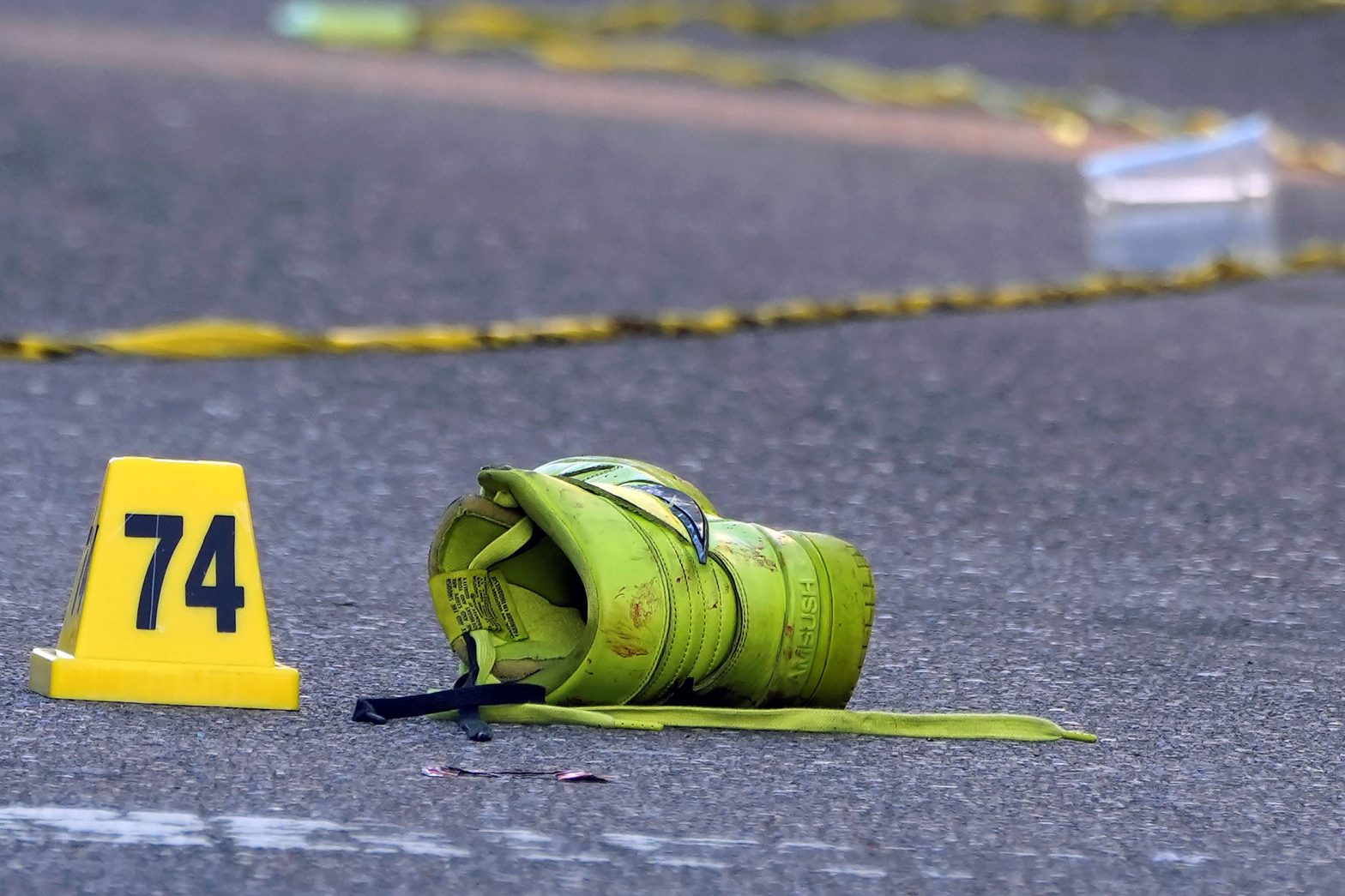
WASHINGTON — The District of Columbia Council held a roundtable discussion Monday seeking ideas on how to reduce crime two days after a 13-year-old was shot and killed by a security guard as he tried to steal a car.
Washington, D.C., officials said the shooting underscored a rising crime rate propelled largely by teenagers.
Total violent crimes in D.C. are up 41% this year compared with last year, according to police. Violent crime declined in most large cities as the COVID-19 pandemic faded.
Some members of Congress are threatening federal intervention if D.C. local government does not resolve the problem quickly.
Councilmember Brooke Pinto, who chaired the roundtable, said the resources to reduce crime are generally available but the effort often is uncoordinated.
The D.C. Council tries to turn over much of its campaign against crime and violence to community organizations rather than making it exclusively a government enterprise.
Pinto said any renewed effort should try to ensure “that we’re having proper organization and a plan” but continue to rely on a variety of community organizations. The organizations include nonprofit groups, public schools and mental health care providers.
“This continues to be a challenge,” Pinto said.
One of the city’s controversial programs to combat gun violence is a network of “violence interrupters” established in 2018. They are community outreach workers trained to identify and to defuse potentially violent interpersonal and neighborhood conflicts.
They are supposed to act as mentors to high-risk young people and to mediate peaceful solutions to disputes.
Questions have plagued the program about its effectiveness as different violence interrupters pursue different solutions.
“Those violence interrupters are not always connected,” Pinto said.
Tony Lewis Jr., a social activist and author, recommended workforce development to avoid having poverty exacerbate drug addiction and violence.
“Poverty creates a mindset of hopelessness,” he said.
The D.C. Council also is considering proposals for more youth recreation to divert teens from violence. Increasing the hours and access to recreation facilities in public schools is one of the options being discussed.
Agreement was unanimous among community leaders who spoke to the city council that gun violence is a major problem in Washington.
“Every time we look at TV, a life is gone,” said Jo Patterson, president of the advocacy group Parent Watch Inc.
While the D.C. Council discussed strategies for pacifying potentially violent situations Monday, another proposal from Mayor Muriel Bower last week seeks a tougher approach.
Bowser proposed legislation she said would give police new techniques directed at the most flagrant crimes.
Police would gain new authorities to patrol areas they temporarily declare “drug-free zones.” The proposal enhances penalties for “organized retail theft,” also known as flash mobs.
Some provisions in Bowser’s proposal roll back reforms approved by the D.C. Council last summer that fell under harsh criticism in Congress. The federal lawmakers said they were too soft on crime, possibly contributing to the rise in homicides and thefts this year.
Bowser called her Addressing Crime Trends Now Act “just plain common sense” during a press conference.
The provision for drug-free zones would allow police to chase away anyone found loitering in areas where illegal drugs are known to be exchanged. Police would have discretion to enforce the loitering ban for five days.
“People in the community are not fools,” Bowser said. “They know what’s happening on some of these sites.”
The crack down on flash mobs would impose criminal penalties for both thefts at retail establishments and any efforts to organize them. The expanded enforcement responds to complaints from retailers about being “robbed repeatedly and brazenly,” Bowser said.
Another provision broadens police authority to stop persons wearing masks when officers suspect they are trying to hide their identities while committing crimes. Persons wearing masks to protect their health are exempted.
You can reach us at [email protected] and follow us on Facebook and Twitter


















